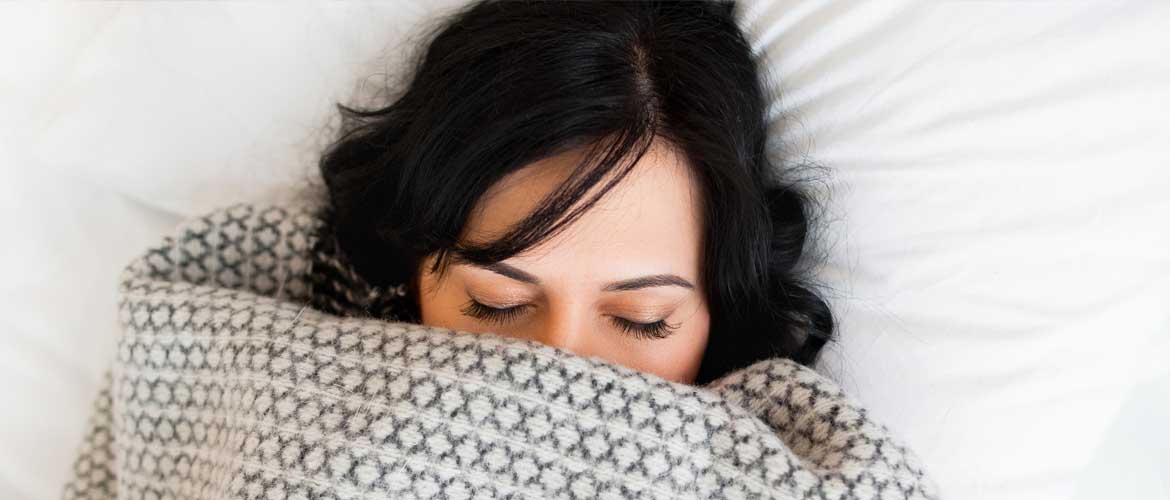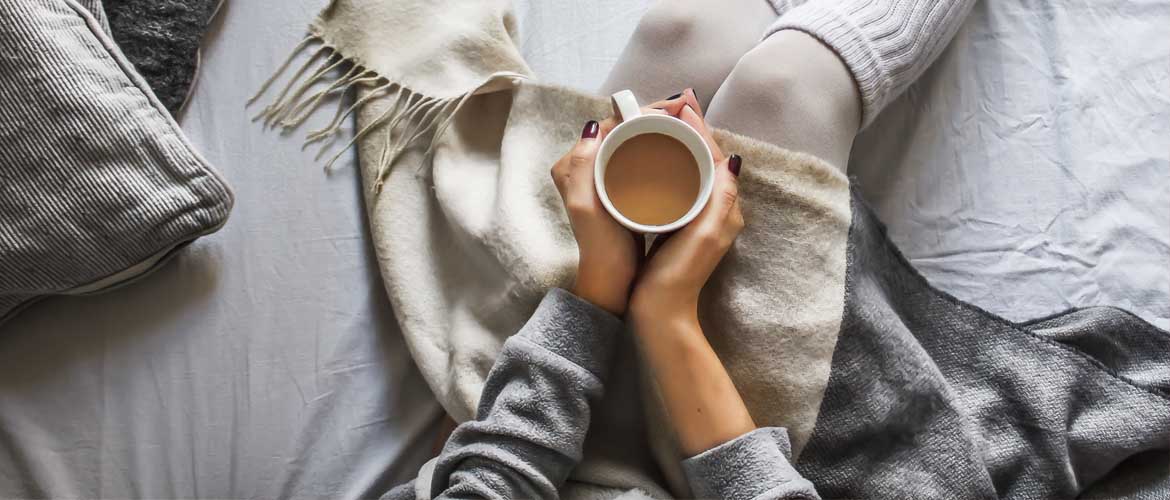November 9, 2021
Great. I’m sick. But I have a big presentation at work and a family to take care of.
When you come down with a nasty cold, what should you do to get back to super parent status? While you’re trying to get better yourself, how do you minimize the spread of germs to your family? With the holiday season upon us, here’s how to give gifts – and not gags – with some do’s and don’ts of being sick.

First Things First, Here’s What You Shouldn’t Do:
Don’t Use the Same Toothbrush
Used multiple times a day, your toothbrush is host to millions of bacteria. As a rule of thumb, it’s best to replace your toothbrush after you’ve come down with any kind of viral or bacterial infection. This reduces the chance of spreading germs to other family members' brushes that are stored nearby.
But what about lip balm, lipstick and lip gloss? Those touched my mouth, too.
This can be a little trickier. Most lip balms and lipsticks contain anti-microbial ingredients, which reduce the amount of germs that grow in them. Once you’ve had a virus, it is hard to re-infect yourself because your body has now built antibodies against the virus. But if you’ve had strep throat, you’ll want to throw out any lip products used while you were sick, as the bacteria that causes strep throat can survive longer.
MedExpress Pro Tip: Nervous about germs on that perfect shade of red lipstick that you or your partner love, but hate to throw it out? Take a cue from the pros and sanitize that lipstick. Turn the lipstick tube up and wipe off the top layer of lipstick with a tissue sprayed with rubbing alcohol.
Don’t Party Like a Rockstar
It’s the winter season and between work parties, holidays with the family and New Year’s Eve with friends, your social calendar is jam-packed with festive gatherings. But between all the people in tight spaces, the beverages and all the sugary treats, the party is bound to wreak havoc on an already weakened immune system.
Both alcohol and sugar may lower the white blood cell count in the body and prevent the immune system from properly fighting off bacteria and viruses. Like all good things in life, you don’t have to give up alcohol or sweets entirely – just enjoy them in moderation.
Another thing to note about holiday parties and gatherings is to keep your distance from the elderly and young children when you’re feeling under the weather. They are most vulnerable to complications from cold and flu. Save the hugs and kisses for another time – when you aren’t sick.
It goes without saying, but we will anyway: if you have any symptoms of COVID-19 or have had a positive test result, avoid attending any holiday party or gathering.
Don’t Slave Over the Stove
If you do the majority of the cooking and become ill, it’s a good idea to have a spouse or another family member take over the meal prep and the lunch-packing duties for a few days. While high temperatures used in cooking and baking will kill some viruses and bacteria, what about after the food is prepared? Between plating and serving the food to repurposing leftovers for lunches, it’s best to leave this to someone healthy. After all, everyone deserves a break from cooking every once in a while.
Don’t Forget to Exercise Your Right to Rest
When it comes to exercising when sick, it all depends on what you have. As a general rule of thumb, if it’s above the neck – like sore throat, headache or sneezing, it’s okay to workout. But if your symptoms are below the neck, like coughing, aches and fatigue or a fever, it’s best to take a rest day. Above all, know your limits. If you decide to work out, stick to an intensity level that feels okay to you.

Here’s What You Should Do:
Get Some Fresh Air
Let’s clear the air on one thing – cold air doesn’t make you sick. In fact, getting fresh air is good for you when you’re feeling under the weather. When you’re cooped up inside, you’re sharing the same air with those around you. So every time someone coughs or sneezes inside, those infected droplets are still in the air. Even if you just open a window or walk out your front door, getting some fresh air is sure to help.
Keep Breastfeeding
If you and your partner have decided on breastfeeding, you may be thinking: Will breastfeeding pass the sickness along to our baby, who doesn’t have a fully developed immune system? The answer is no. And it actually might be a good idea to continue breastfeeding while you or your partner are sick, as the antibodies that are passed on may help prevent your baby from getting sick.
Quarantine Yourself
This can be a tough one when you’re a parent. But keeping your distance when you’re under the weather is best for your whole family and can help cut down on the spread of germs. If you can, keep yourself contained to a different room altogether. This goes for sleeping, too. Bed linens can harbor bacteria and germs – which can lead to your partner getting sick as well.
Stay Home from Work
But what about all my meetings? After all, you have three meetings tomorrow and a report that has to get done by the end of the day. But are you really going to be that productive if you go to work feeling under the weather? Do you and your coworkers a favor and take a sick day. If you must, work from home.
Seek Care When Needed
You’ve disinfected, you’re all caught up on sleep, you’ve spent the last few days on the couch binge-watching an entire season of your favorite show, but you still don’t feel better. For the cough that won’t quit or the flu shot you didn’t think you needed, there’s MedExpress. We’re here with warm care for winter’s worst for the whole family. To find the neighborhood center closest to you and their hours of operation, click here.
Originally posted December 10, 2017. Updated November 9, 2021.
